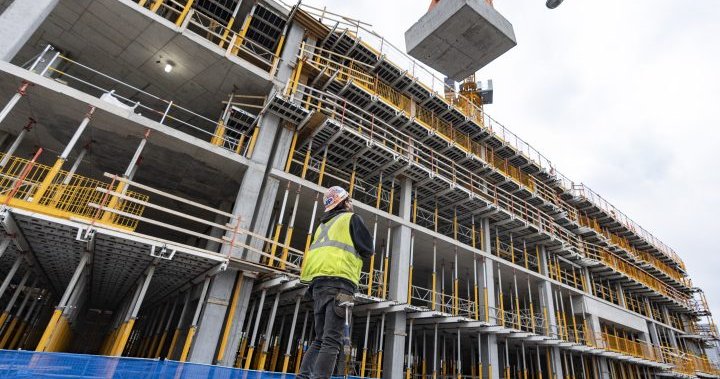
Canada’s worst spring wildfire season could set housing construction further back
Global News
The unexpected disruption to the lumber industry risks further slowing new home construction, adding to Canada's acute housing shortage.
Canada’s worst-ever spring wildfire season has forced its forestry industry to shutter sawmills, driving up lumber prices and setting production back for months just as housing construction has slowed due to higher costs and a tight labor market.
Canada has the world’s third-largest forest area and is the second-largest softwood lumber producer, according to Canadian government estimates, making it a key supplier of a critical housing material.
This year’s unprecedented fires have already consumed at least 4 million hectares, or 1% of Canada’s forest, according to the Forest Products Association of Canada (FPAC), an industry group.
The fires are blazing through Alberta, British Columbia and Quebec, all provinces with active forestry industries.
The fires have also forced thousands of people to evacuate their homes and blanketed cities with smoke as far away as Toronto, New York and Washington.
Fires in British Columbia and Alberta have forced significant downtime at sawmills, and “ground zero” has now shifted to Quebec, FPAC CEO Derek Nighbor said.
“It’s significant. Closing mills and having to restart them is a lot of work and that’s people who have to be laid off temporarily,” said Nighbor, who did not have an overall estimate of lost production.
Chicago lumber futures for July delivery LXRN3 have climbed 7% since June 1.













